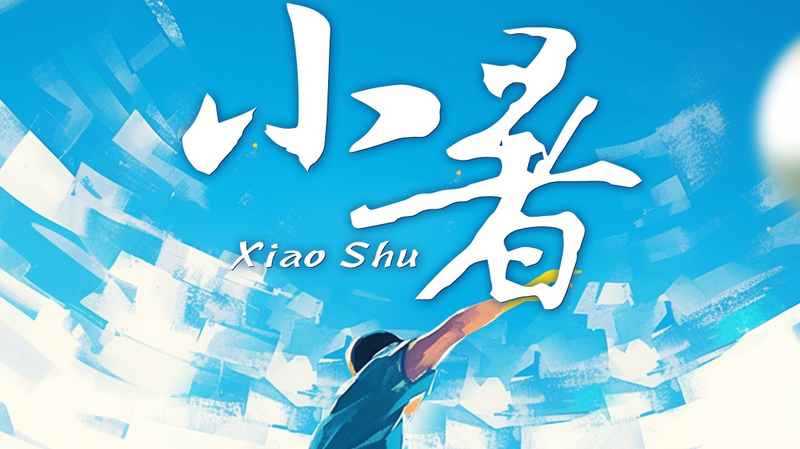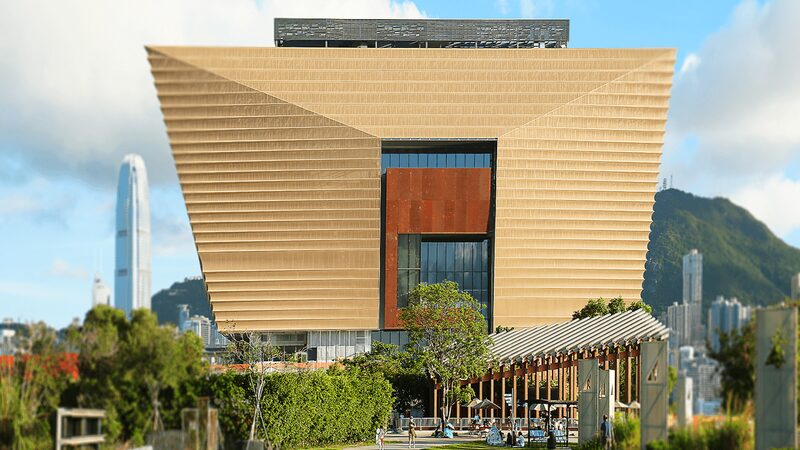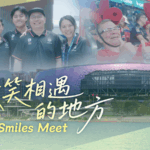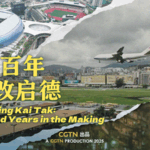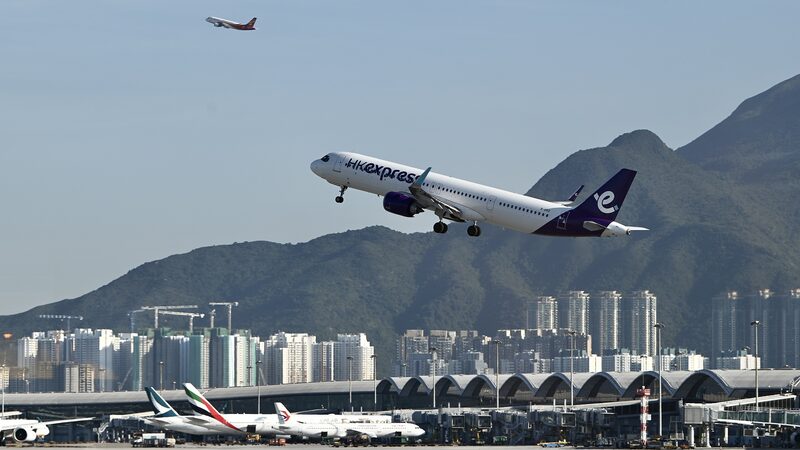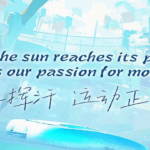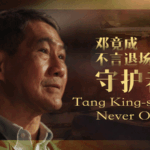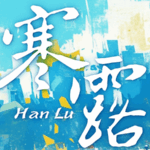As the sun blazes over Hong Kong, the arrival of Xiao Shu – the “Minor Heat” solar term – signals more than just rising temperatures. In Kai Tak, this ancient marker of seasonal change has become a rallying cry for community spirit, with football fields transforming into stages for cultural celebration.
Xiao Shu, observed on July 6-8 annually, represents one of 24 solar terms guiding agricultural and cultural life across the Chinese mainland. But in this urban landscape, residents are rewriting tradition through blistering football matches that mirror the season’s intensity. Local leagues report record participation as players channel the solar term’s symbolic “yang energy” into athletic prowess.
“The heat becomes part of the game,” explains coach Li Wei, wiping sweat during a midday practice. “We see Xiao Shu not as limitation, but invitation – to test endurance, build teamwork, and honor cyclical rhythms connecting us to nature.”
This fusion of ancient wisdom and modern sport offers insights for business observers tracking Asia’s experiential economy. Food stalls report 40% increased sales of cooling herbal teas during matches, while sportswear retailers see seasonal spikes. For academics, it presents a living case study of cultural adaptation.
As the Great Heat solar term approaches later this month, Kai Tak’s fields promise even fiercer competition – proof that in Asia’s dynamic cities, tradition never stands still.
Reference(s):
cgtn.com
